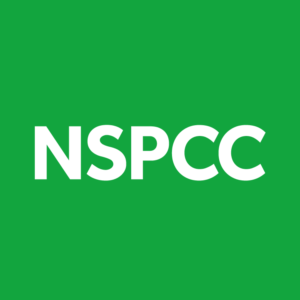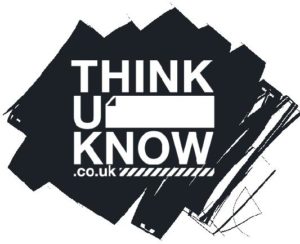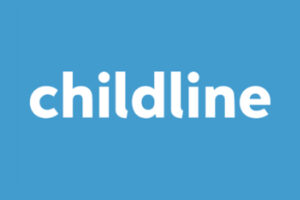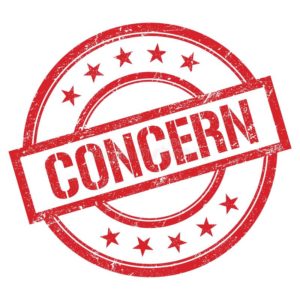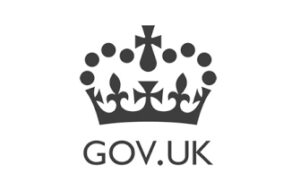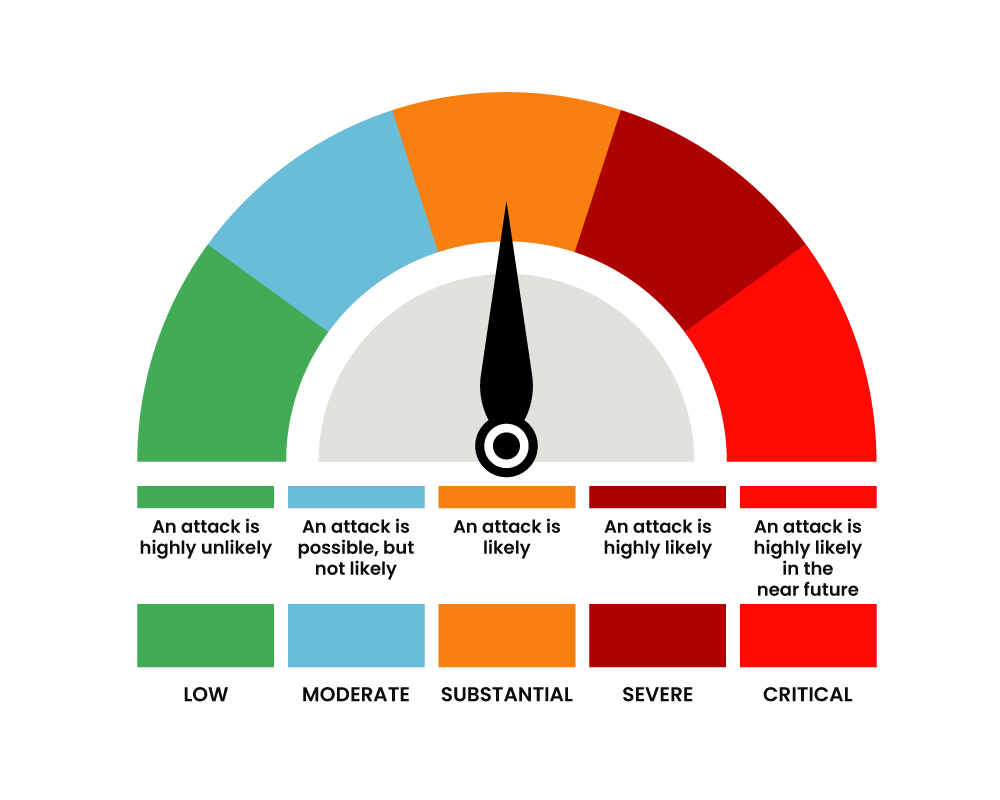Safeguarding Policies, Procedures & Guides
We have a responsibility to safeguard the welfare of learners and staff by protecting them from harm.
Staying Safe
Your welfare and safety are very important to us. If you feel that your rights, safety, welfare or the safety of someone else is threatened, then talk to us. We will always take your concern seriously. If you are in immediate danger please call 999 straight away.
Are you concerned about your safety?
Contact Our Safeguarding Team
Debbie Kay
Stephane Jeannin
We acknowledge and promote these wider aspects of adult safeguarding and always promote an individual’s ‘wellbeing’. We ensure a person’s wellbeing is at the centre of our delivery services and understand our general duty of care where wellbeing relates; for example, by supporting:
- Physical and mental health and emotional wellbeing of the individual
- Personal dignity (including the treatment of the individual with respect)
- Protection from abuse or neglect
- Professional and personal relationships including family
- Social and economic wellbeing
- The individual’s contribution to society
- Participation in education, training and work
our values
Concerned about a minor?
If you are concerned about the exploitation or online abuse of a young person (under the age of 18) please click on the button below to be taken to the CEOP webpage (Child Exploitation and Online Protection Centre) where you can make a report or find resources to help.
In our safeguarding approach we focus on:
- Risk assessment, risk management and the implementation of Safeguarding & Prevent systems
- Recruitment, selection, and employment procedures
- Dealing with allegations, suspicions of abuse and radicalisation effectively and sensitively
- Training, implementation and the support of Safeguarding & Prevent practices, policies and procedures
- Evaluation, timely revision and action.
our approach
Read through our fully policy document here
Our Safeguarding/prevent policy
Can you spot the signs / symptoms?
Understanding Abuse
Physical Abuse – When Someone Hurts You Purposely
- Bruises / cuts that are unusual or more frequent
- A difference in their behaviour or attitude that is unusual for them.
- Not wanting to be left in the company of a specific person
- Scalds / Burns
Sexual Abuse – Made to Conduct Acts of an Intimate Nature
- A child might role play inappropriate activities
- Signs and Symptoms may resemble those of physical abuse
- Unusual difficulty standing / sitting
- Change in mood, may become withdrawn
Peer to Peer Abuse – One Person Abusing Another/Bullying.
- Bullying – includes cyber-bullying, prejudice-based and discriminatory bullying)
- Abuse in relationships – hitting, biting, shaking, restraining – causing physical harm
- Sexual violence and sexual harassment – consensual and non-consensual sharing of nude and semi-nude images/videos, engagement in sexual activity without consent
Sexual Harassment – Unwanted Conduct of a Sexual Nature (online or offline)
- Comments of a sexual nature
- Sexual jokes / taunting
- Deliberate inappropriate touching / brushing against a person
- Sexual exploitation / coercion and threat
The Prevent Duty
The Counter-Terrorism and Security Act 2015 contains a duty on specified authorities to have due regard to the need to prevent people from being drawn into terrorism. This ‘Prevent Duty’ protects against: –
- Responding to the ideological challenge of terrorism
- Prevent people from being drawn into terrorism
- Work with sectors and institutions where there are risks of radicalisation
Threat Levels
ProtectUK publication date
12/03/2022
MIND – https://www.mind.org.uk/
Childline – https://www.childline.org.uk/
Anti-bullying – https://anti-bullyingalliance.org.uk/
Staying Safe online – https://www.ageuk.org.uk/information-advice/work-learning/technology-internet/internet-security/
Social Media – fake profiles – https://www.cpni.gov.uk/security-campaigns/think-you-link
Videos:
- Cyber Security – Staying safe online (Adults) https://youtu.be/9PbJus_Qcdk
- Wellbeing https://youtu.be/9I94SnY8qGY


